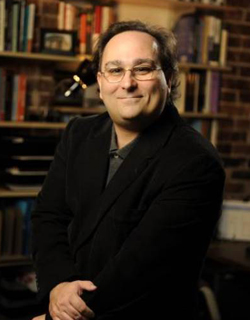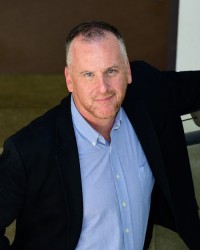UConn School of Law will host the 19th annual meeting of the Association for the Study of Law, Culture and the Humanities on April 1 and 2, 2016. The theme of this year’s conference is Reading Race, Writing Race and Living Race.
The ASLCH is an organization of scholars engaged in interdisciplinary, humanistically oriented legal scholarship. It brings together a wide range of people working in the fields of legal history, legal theory and jurisprudence, law and cultural studies, law and anthropology, law and literature, law and the performing arts, and legal hermeneutics. About 200 association members are expected to attend the conference.
Angela Onwuachi-Willig, Marion Kierscht Professor of Law at the University of Iowa, will deliver the keynote speech on April 1. Her topic will be From Emmett to Trayvon, Race, Space and the Policing of White Boundaries. Her research focuses on issues of race, class, rhetoric, stigma and identity, particularly in the context of antidiscrimination and family law. She is the author of According to Our Hearts: Rhinelander v Rhinelander and Law of the Multiracial Family (Yale 2013).
The conference will seek to develop conversations regarding the roles of representation, affect and imagination in the ongoing relationship of law to concepts of race, justice, sovereignty, captivity, and history. A wide variety of sessions, held on sites around campus, will cover a range of topics, including colonialism, racial conflict, law and religion, literature, screen and music.
UConn Law Professor Susan Schmeiser, whose scholarship focuses on law and mental health, LGBT and gender issues, and family law, helped organize the event. “In law school, we teach students how to analyze and apply legal rules, but we often don’t have the opportunity to consider the law’s narrative, rhetorical and cultural dimensions,” she said. “The conference will enable participants to view law and legal discourse through a broader lens than the one that legal education conventionally adopts.”
More information about the conference is available on the website of the Association for the Study of Law, Culture and the Humanities.



